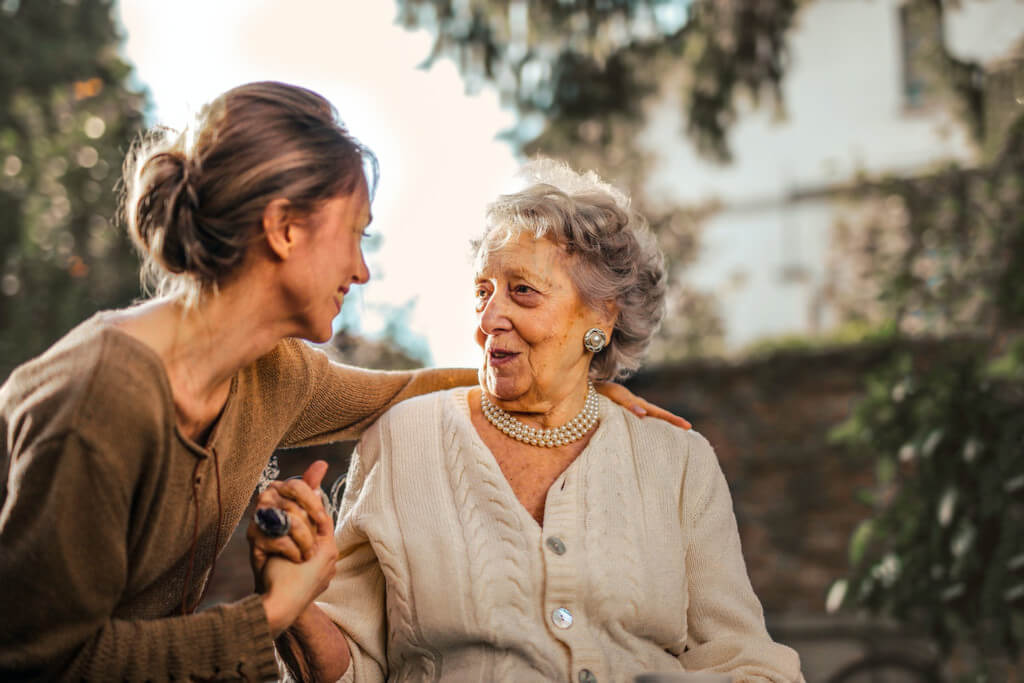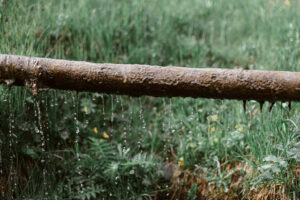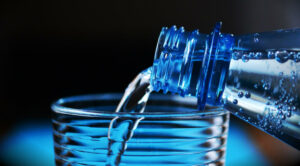How to Keep Tabs on Your Water Intake
Monitoring your body weight is a good place to start when trying to establish how well hydrated you are. For this, you should weigh yourself first thing in the morning. If you have dropped roughly two pounds or more since the previous day, you are certainly dehydrated. One way to tell is to compare your weight to that of the previous day. This is also the case if you are experiencing a headache or if you are thirsty.
If you lose about two percent of your entire body weight, you are beginning to experience the early stages of dehydration. In the meantime, if you lose 4% of your total body weight, you run the risk of suffering from severe dehydration. The loss of weight that comes with dehydration is harmful to one’s health and should be avoided at all costs.
Keep in mind that even slight dehydration can have an effect on the body. If you have problems with your kidneys or heart, this is definitely the case. On the other side, extreme dehydration can put a significant amount of strain on your heart and cause it to work much harder than normal.
When determining your level of hydration, the scales are not the only tool you may use, contrary to what many expert belief. There are times when the accuracy is subpar, and it is unable to discern when a person requires additional fluid intake. The elderly are not able to recognize the indicators of dehydration that are present in younger persons. One of the reasons someone is admitted to the hospital is because they became dehydrated while waiting for their diagnostic. It is imperative that this be attended to as soon as possible; else, there is a risk to one’s life.
How to Keep an Elderly Person from Becoming Dehydrated
Make sure that the person you care for is getting the recommended amount of fluids on a daily basis to prevent him from being dehydrated. Permit him to drink water with his nutritious meals. Soups, as well as fruits and vegetables, are some examples of these. After that, check to see if the color of the urine is light and if the urine is black in color, this is a symptom that the person is dehydrated.
You should make sure that your elderly loved ones understand the significance of staying hydrated at all times, even if they do not feel thirsty. You might want to keep a bottle of water on the nightstand next to their bed. Put it next to their favorite chair, particularly if they have trouble moving around on their own. Prevention is the key to addressing this issue, just as it is with any other health concern. This is a simpler solution than trying to treat the problem later on.
Instructions for Nursing Homes and Facilities
According to the findings of a research project, the prevention of dehydration in health care institutions is dependent on a variety of different elements. In the long run, it may be beneficial to increase the support offered as well as the variety of drinks that are available.
If you have an elderly loved one or acquaintance who is currently residing in a nursing home, check to see that the institution has a hydration program. You could also inquire about whether or not they are keeping track of the residents’ weights. Inquire as to whether or not they are monitoring the mental and physical state of the patients on a regular basis. You can discuss with the physician the possibility of changing the prescription that your loved one takes if they are using laxatives or diuretics, both of which can lead to dehydration. Other such approaches include the following:
- The administration of the nursing facilities is responsible for providing training to the employees so that they are aware of how vital it is to stay hydrated.
- Make a personalized target for your amount of liquid consumption.
- Provide each patient with the fluids of their choice.
- Make sure that the fluids are always within reach.
- Make sure the water is clean and drinkable before you serve it. You may choose to flavor the water with ice cubes, a piece of lemon or orange, or both.
- Maintain a contact supply of beverages, including water, throughout the day.
- It is important to drink water in between periods of activity or medicine. This should be done for everyday activities such as physiotherapy.
- Provide a selection of beverages, both hot and cold.
- If assistance is required, as well as special cups, provide it.
- When there are drugs involved, provide a full glass of water.
The provision of a happy hour is one method that can be utilized in an effort to try to boost the consumption of water. Request visits from loved ones and close friends at the nursing home. They should be allowed to offer the patients water. In addition to this, you should encourage the patients to consume wet foods such as jelly, yogurt, soup, pureed fruit, and custard.
The caregiving team has an obligation to be knowledgeable of the factors that can lead to dehydration, particularly in older patients. They have to be aware of how to keep their water levels constant. In addition to this, kids need to be aware of the signs and symptoms of dehydration.
Conclusion
To summarize, maintaining proper hydration can become more challenging as we get older. The indicators of dehydration are more subtle, and in contrast to other people, we could not even feel thirsty. Indeed, proper hydration is an essential component of care for elderly patients. People who drink more water have a better chance of maintaining their physical and mental health. It has the potential to boost one’s physical activity, lower one’s heart rate, improve one’s level of endurance, and accelerate the healing process.
Additionally, people who drink more liquids tend to have better moods compared to those who don’t; hence, being hydrated can be a crucial component of maintaining your overall health and should not be neglected. Last but not least, as we become older, we typically see a decline in both our appetite and other aspects of our activity levels. Because of this, there is a greater possibility that we will become ill. When we consume more fluids, we provide our bodies a better chance of resisting the development of a variety of ailments.
It is really necessary for us to be conscious of the beverages that our senior loved ones consume. This is due to the fact that not all liquids have the same effects on one’s body in terms of their health. For instance, drinking alcohol is not an efficient way to rehydrate the body. However, fruit juices sometimes have a high concentration of sugar, which can lead to increased acidity. As a result, you shouldn’t rely on these as your primary source of liquid during the entire day.
It may be challenging to persuade elderly folks to consume an adequate amount of water. However, you can attempt a number of different things to boost the likelihood of them drinking the fluids. You have a few fantastic selections to choose from, and some of them include tomatoes, cucumbers, and watermelons.



